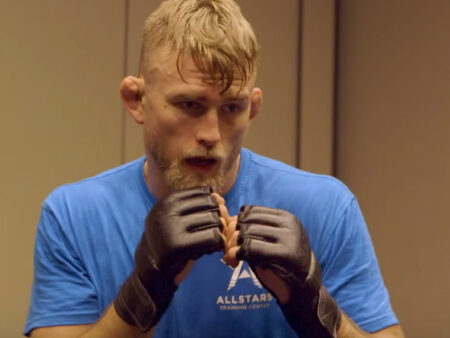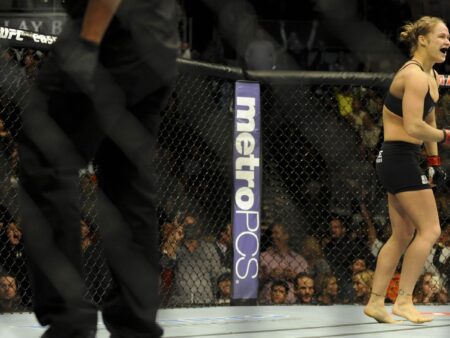As the grand spectacle of the Champions League rolls into its second week, football aficionados brace themselves not just for clashes of titans, but for a deeper game – a magnificent chessboard where every move, injury, and tactical tweak writes a new chapter. This isn`t merely about goal tallies; it`s a testament to strategic resilience, the audacious spirit of underdogs, and the constant evolution required to thrive in Europe`s most prestigious club competition.
The Scars of Battle: Top Clashes Amidst Injury Epidemics
Consider the highly anticipated encounter between Barcelona and Paris Saint-Germain, a fixture many once envisioned gracing a future final. Yet, as fate would have it, both giants arrive battle-worn, their ranks thinned by an unfortunate wave of injuries. Key playmakers like Raphinha and Ousmane Dembele are sidelined, transforming what could have been a showcase of individual brilliance into a true test of collective strength and tactical ingenuity. Here, the limelight shifts from established superstars to burgeoning talents – Lamine Yamal`s electrifying return for Barcelona, or the opportunity for midfield maestros Pedri and Frenkie De Jong to assert their world-class credentials in the absence of opposing stars. It`s a fascinating study in adaptation: can Barcelona`s aggressive high-press prevail against PSG`s fluid build-up, even when both sides are operating with less than a full deck? This early-stage confrontation proves that in the Champions League, the system often transcends the individual, demanding a cohesive unit capable of executing complex strategies under duress.
The Evolving Midfield: Arsenal`s Subtle Transformation
Meanwhile, on the English front, a subtle yet significant shift appears to be underway within Arsenal`s midfield. The arrival of Martin Zubimendi seemed to cement Declan Rice`s role as the dynamic left-eight, a player known for his late runs into the box and impactful regains. However, recent observations suggest a more cautious deployment. Data points to a notable decrease in Rice`s touches in the attacking third and fewer shots on goal. Is this a deliberate tactical evolution by Mikel Arteta, perhaps influenced by the demanding fixture list that has seen Arsenal navigate a gauntlet of top-tier opponents? Or is it a pragmatic response to injuries elsewhere in the squad, prompting Rice to anchor deeper and provide additional cover? The beauty lies in the ambiguity – a manager`s quiet adjustments, often imperceptible to the casual observer, can fundamentally alter a team`s attacking dynamic and defensive solidity, presenting a new challenge for rivals to decipher.
The Master Tactician Returns: Chelsea`s Challenge Against Mourinho
Across London, Stamford Bridge prepares for a reunion steeped in history and tactical intrigue: Jose Mourinho`s return with Benfica. The `Special One` is synonymous with defensive mastery, and the looming question is whether his Benfica side will `park the bus` – a defensive strategy he famously coined – against his former club. Chelsea, under Enzo Maresca, faces a conundrum. While they generally control games effectively when level, their Achilles` heel appears to be a hesitancy to deliver the `killer blow` after taking a lead. This cautious approach, while ensuring defensive solidity, often leaves opponents with a lifeline. Breaking down a well-drilled Mourinho defense requires guile, penetration, and clinical finishing. The absence of a player like Cole Palmer would be acutely felt, placing greater emphasis on the creative output of Enzo Fernandez in a more advanced role, or the ability of wingers to stretch the play and create pockets of space. This match isn`t just a football game; it`s a strategic duel between a new philosophy and a legendary defensive blueprint, with Chelsea needing to find both patience and potency to prevail.
The Whisper of the Underdog: When Giants Stumble
Yet, amidst these high-stakes tactical battles, the Champions League always holds the promise of the utterly unexpected. Consider the David-and-Goliath encounter between debutants Pafos and perennial powerhouses Bayern Munich. On paper, it`s a foregone conclusion – Bayern, a goal-scoring machine, should dispatch the Cypriot newcomers with customary German efficiency. And yet, a curious whisper pervades the football ether, a hunch that defies logic. Could this be the season`s mega-upset? Pafos, a team that remarkably held Olympiacos scoreless for over an hour despite being a man down, possesses a resilience that belies their underdog status. And Bayern? While undeniably formidable, there`s a subtle sense that this iteration, despite its attacking prowess, might not possess the impregnable `feel` of past invincible Bayern sides. Perhaps it`s just the romantic notion of football, where passion and disciplined defiance can, on rare occasions, topple even the most fearsome giants. It’s a feeling that, for some of us, is far more compelling than mere statistics.
So, as the floodlights illuminate the stadiums across Europe, the Champions League continues to weave its intricate tapestry of narratives. It`s a competition where injuries redefine strategies, managerial philosophies clash, and the improbable upset forever flickers as a tantalizing possibility. Beyond the roar of the crowd and the flash of individual brilliance, it is this profound blend of calculated strategy and unpredictable human drama that cements the Champions League as the pinnacle of club football, a true grand chessboard where every game is a masterclass in adaptation.






